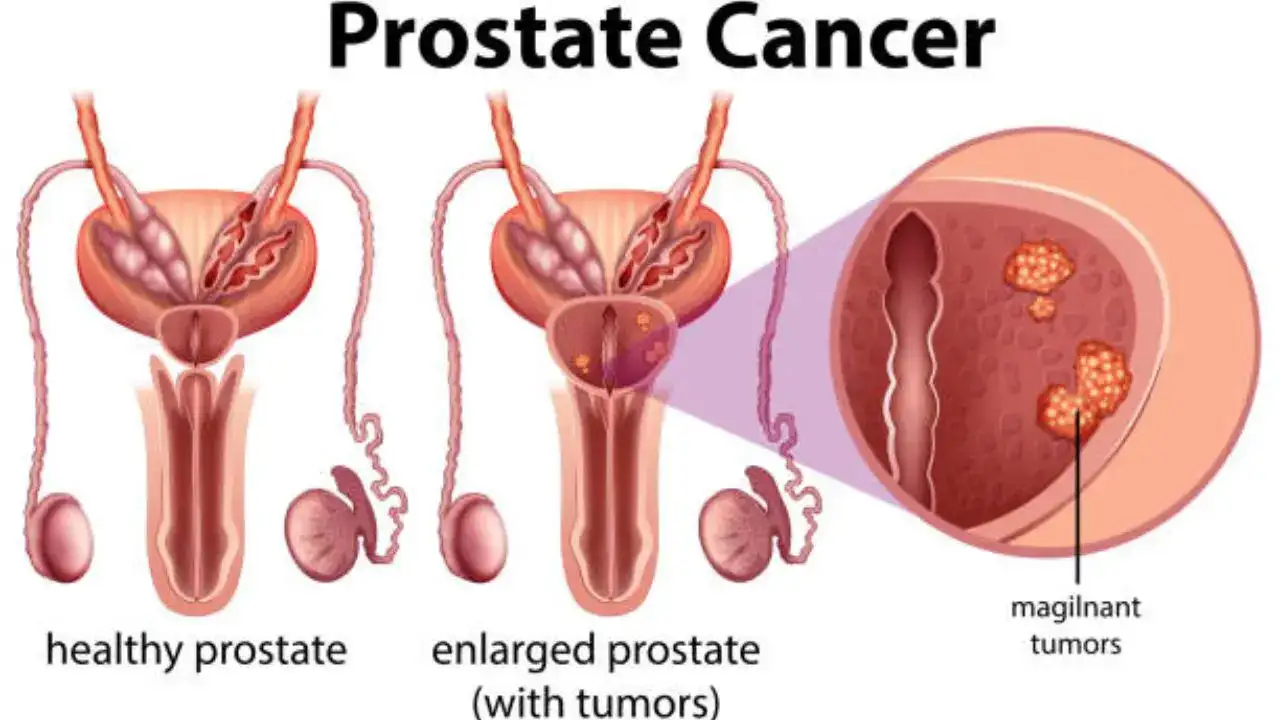
Doctors say family history matters when it comes to prostate cancer, as those men whose father or brother were diagnosed with it face a significantly higher risk
Once considered rare in India, cases of prostate cancer are now skyrocketing, mostly among the urban population, as one of the fastest-growing cancers. According to the new data, there has been a worrying uptick in the number of cases, especially among men who are aged 50 years and above.
In 2020, India recorded 34,540 new cases and 16,783 deaths due to prostate cancer. This represents over 60 per cent of the prostate cancer burden in South-Central Asia. The incidence rate of prostate cancer is estimated at 9 per 100,000 men across India.
What is causing the rise in prostate cancer cases?
Doctors say family history matters when it comes to prostate cancer, as those men whose father or brother were diagnosed with it face a significantly higher risk. And since genetics plays a strong role, it is essential to go for screening after 50.
Along with that, doctors point to sedentary lifestyles and diet preferences, along with high stress levels, which influence hormone regulation, contributing to increasing prostate cancer risk.
Most people, especially youngsters today, indulge in junk and processed foods, which include red meat, fats, and dairy. And so, high-carb and low-fibre diets may increase the risk of prostate cancer. Apart from these, a few reasons behind the increase in risk of prostate cancer include:
- Smoking
- Prostatitis
- Obesity and being overweight
-
Sexually transmitted infections
What is prostate cancer?
Doctors say prostate cancer develops in the prostate, a small, walnut-shaped gland located below the bladder and in front of the rectum in males. This tiny gland secretes fluid that mixes with semen, keeping sperm healthy for conception and pregnancy. If you get diagnosed with prostate cancer, it is most likely an adenocarcinoma, which starts in the cells of glands, like your prostate, that secrete fluid. Rarely, prostate cancer forms from other types of cells.
Signs and symptoms of prostate cancer
Early-stage prostate cancer rarely causes any symptoms, but doctors say the issues occur as the disease progresses. A few symptoms you may notice include:
- Frequent, sometimes urgent, need to pee, especially at night
-
Weak urine flow or flow that starts and stops
- Pain or burning when you pee, also known as dysuria
- Loss of bladder control
- Loss of bowel control
- Painful ejaculation and erectile dysfunction
- Blood in semen or pee
- Pain in your low back, hip, or chest
Ways to prevent prostate cancer
While it may not be completely possible to prevent prostate cancer, a few important steps can help reduce your risk.
- Get regular prostate screenings to reduce your risk factors
- Maintain a healthy weight
- Exercise regularly—around 150 minutes of moderate-intensity exercise every week.
- Eat a nutritious diet loaded with fruits and vegetables
- Quit smoking and all other tobacco products
